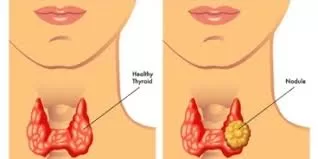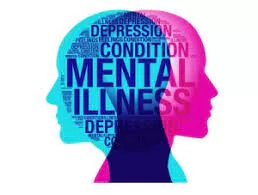A new study published in the Journal of Epidemiology and Community Health reveals that lower levels of mental ability during adolescence may significantly increase the risk of experiencing a stroke before the age of 50. The research highlights the need for broader assessments beyond traditional stroke risk factors to prevent disability and death from early-onset strokes.
Rising Stroke Incidence in Younger Adults
Recent data indicate an increase in stroke cases among individuals under 50, with around half of stroke survivors facing long-term physical and psychological impairments. While previous studies have linked lower childhood and adolescent mental abilities—such as concentration, problem-solving, and learning—with higher risks of cardiovascular and metabolic diseases, the evidence has been inconsistent.
Study Design and Participants
To strengthen the evidence, researchers investigated the association between adolescent mental ability and early-onset stroke in a representative sample of 1.7 million young Israelis. Before starting military service, Israelis aged 16–20 undergo extensive evaluations. The study included those assessed between 1987 and 2012, factoring in weight, blood pressure, diabetes status, educational attainment, socioeconomic background, and mental ability.
Mental ability was assessed through various tests measuring verbal instructions comprehension, verbal abstraction and categorization, mathematical ability, concentration, conceptual thinking, non-verbal abstract reasoning, and visual-spatial problem-solving.
Key Findings
The participants’ results were linked to the Israeli national stroke database, which has mandatory reporting since 2014. The analysis covered 1,741,345 individuals, 42% of whom were women. Out of the total, 12% had high mental ability, 70% had medium, and 18% had low.
Between 2014 and 2018, 908 strokes were recorded, with an average first stroke age of 39.5. Among those with low to medium mental ability, the incidence of both ischemic and intracerebral hemorrhage strokes was higher.
After adjusting for influential factors, those with low mental ability were more than 2.5 times as likely to have a stroke before age 50 compared to those with high mental ability. Those with medium ability were 78% more likely. Specifically, ischemic stroke risk before age 40 was almost double for medium ability and more than three times higher for low ability individuals.
Implications for Prevention and Intervention
The study underscores that cognitive function may help identify individuals at greater stroke risk, allowing for early intervention via education and health-related behaviors. The researchers emphasize the importance of providing early social and health support to those with lower cognitive function to mitigate their elevated risk.
Study Limitations
As an observational study, it cannot establish causality. The researchers also note limitations such as the lack of lifestyle information, higher education data, and several important social health determinants.
Conclusion
The findings highlight the critical role of cognitive function in stratifying stroke risk and the necessity for early interventions in individuals with lower cognitive function to reduce their risk of early-onset stroke.
More information: Cognitive function in adolescence and the risk of early-onset stroke, Journal of Epidemiology and Community Health (2024). DOI: 10.1136/jech-2024-222114












